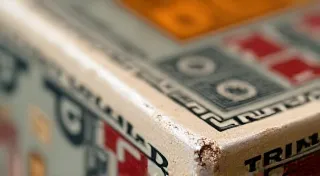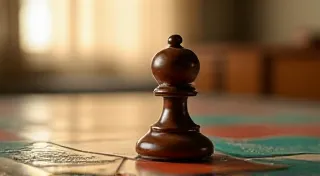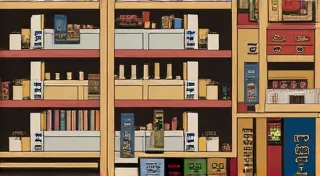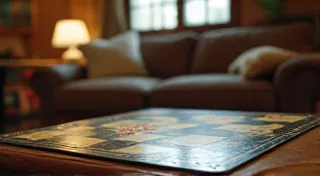Game Collecting on a Budget: Finding Affordable Vintage Treasures
The allure of vintage board games – their nostalgic charm, intricate artwork, and historical significance – is undeniable. However, many aspiring collectors are intimidated by the perception that building a worthwhile collection requires deep pockets. The good news is, game collecting on a budget is absolutely possible! It takes patience, research, and a bit of savvy, but the thrill of unearthing a hidden gem doesn't have to break the bank. This guide will provide you with practical strategies to build your vintage board game collection without emptying your wallet.
Understanding Rarity & Value – Focus on the "Good, Not Just the Rare"
While rare games command high prices (and understandably so!), don't let the pursuit of the ultra-rare dictate your entire collection. True collecting isn't just about ownership; it's about appreciation and enjoyment. Many games, while not top-tier rarities, offer immense historical significance, beautiful design, or unique gameplay. These “mid-tier” games are often overlooked by serious investors, leaving them available at more reasonable prices.
Focus on games that appeal to you *personally*. If you’re passionate about a particular theme, era, or game mechanic, your enjoyment will far outweigh any potential financial gain. Learning about the rarity guides and understanding the factors that influence value (condition, completeness, edition, box art) is still essential, but shift your focus to finding quality examples of more common titles.
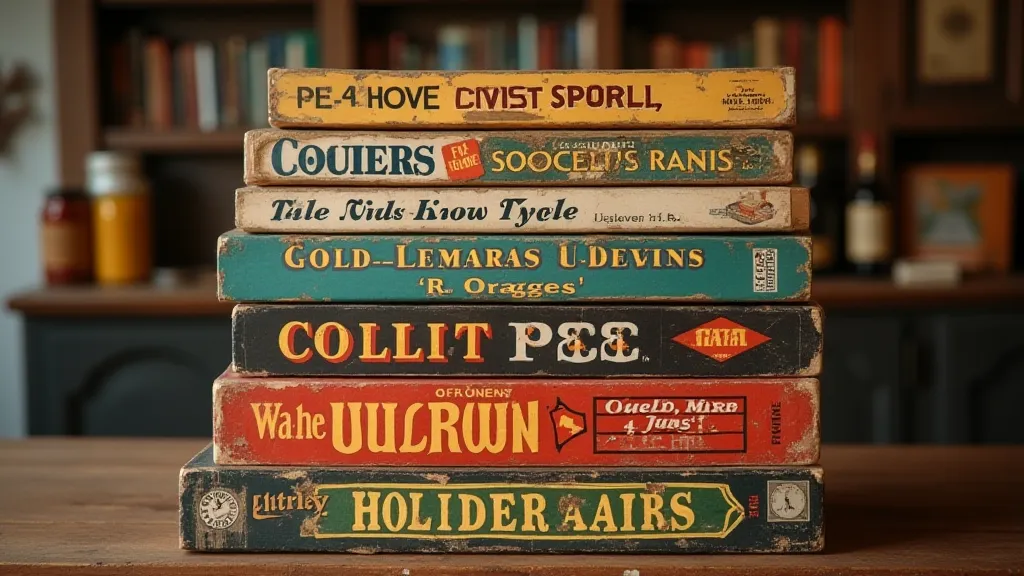
Strategic Sourcing: Where to Find Bargains
The location where you search significantly impacts your budget. Here are some prime locations to explore:
- Thrift Stores & Garage Sales: These are the classic starting points. While the odds of finding a true rarity are slim, you can often snag games for incredibly low prices (often under $10). Regular visits are key – consistency pays off.
- Online Auctions (eBay, etc.): Auction sites can be a mixed bag. While competitive bidding can drive prices up, you can also find great deals, especially on games with less-than-perfect condition or incomplete pieces. Always factor in shipping costs!
- Facebook Marketplace & Local Classifieds: These platforms are fantastic for finding local sellers who may be motivated to move games quickly. Be prepared to negotiate.
- Antique Malls & Flea Markets: While vendors here often have higher prices than thrift stores, you can sometimes negotiate a deal, especially if you're buying multiple items. The key is to be polite and demonstrate your knowledge of the games.
- Estate Sales: These can be goldmines! Estate sales often contain entire collections, and the sellers are usually motivated to clear everything out.
Negotiation Skills: Asking for a Better Price
Don’t be afraid to negotiate! Most sellers are open to offers, especially if the item has been listed for a while. Here are some tips:
- Do Your Research: Knowing the game’s market value gives you leverage.
- Politely Point Out Flaws: If the box is damaged or pieces are missing, use this as justification for a lower price.
- Offer a Fair Price: A lowball offer is likely to be rejected. Start with a reasonable offer slightly below your target price.
- Bundle Purchases: If you're buying multiple games, ask for a discount on the entire lot.
- Be Respectful: A friendly and appreciative attitude goes a long way.
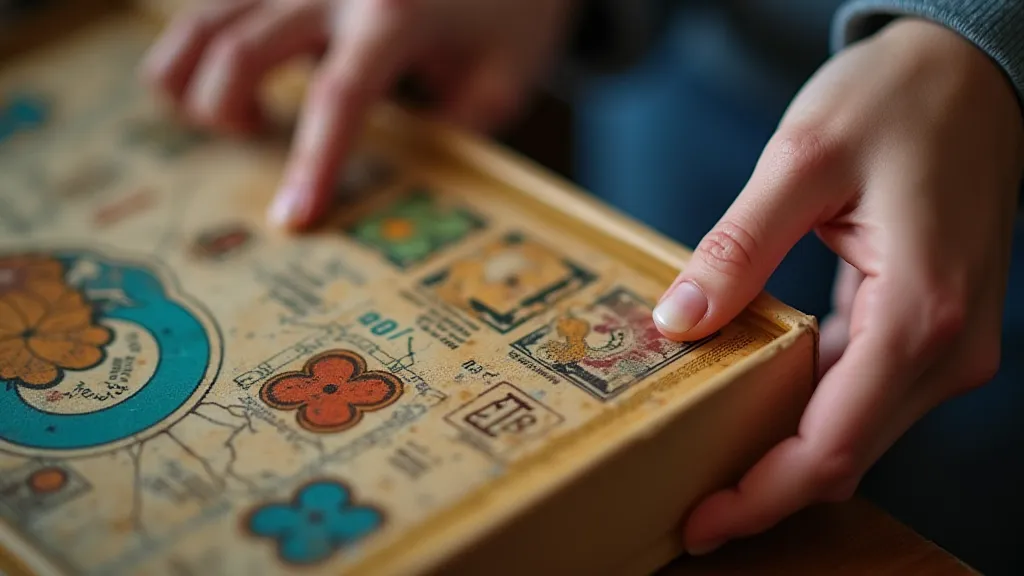
Condition is King (and Affects Price Significantly)
The condition of a vintage board game heavily influences its value. A game in mint condition will command a significantly higher price than one with wear and tear. While pristine examples are desirable, they are also the most expensive. Consider these condition grades:
- Mint: As new, perfect condition.
- Near Mint: Shows minimal signs of use.
- Very Good: Shows some wear but is still in good overall condition.
- Good: Shows significant wear but is complete and playable.
- Fair: Shows heavy wear and may be missing pieces.
Focus on acquiring games in "Good" or "Very Good" condition. Minor wear and tear can be part of the charm of a vintage game, and it will allow you to build your collection at a more affordable price.
Expanding Your Knowledge
The more you know, the better decisions you’ll make. Invest time in:
- Reading Board Game Collecting Guides and Forums.
- Comparing Prices across multiple platforms.
- Understanding the History of different games and publishers.
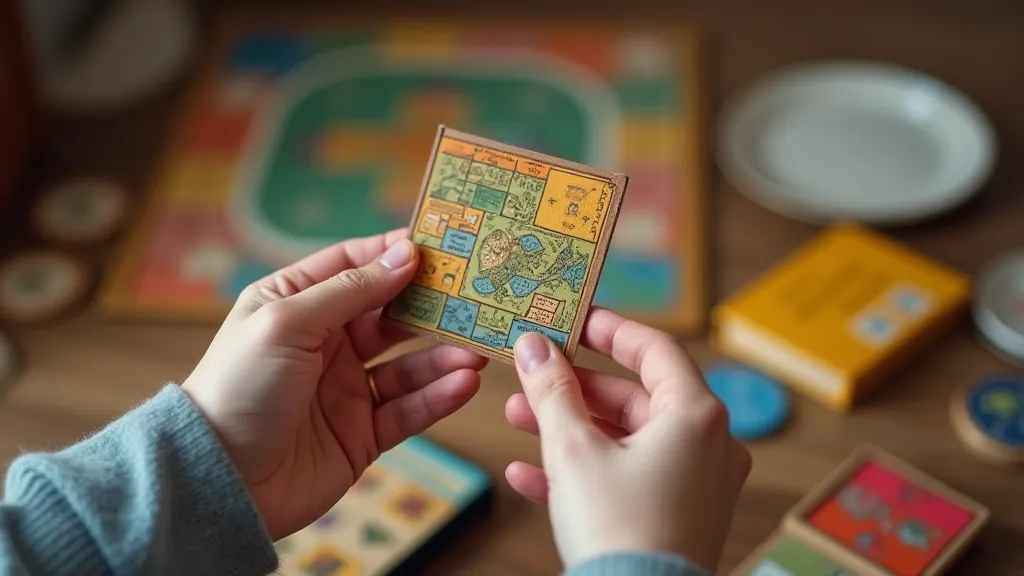
Conclusion
Building a vintage board game collection on a budget requires patience, research, and a willingness to compromise. By focusing on common titles, negotiating effectively, and prioritizing enjoyment over pure financial gain, you can build a collection you’re proud of without breaking the bank. Happy hunting!
